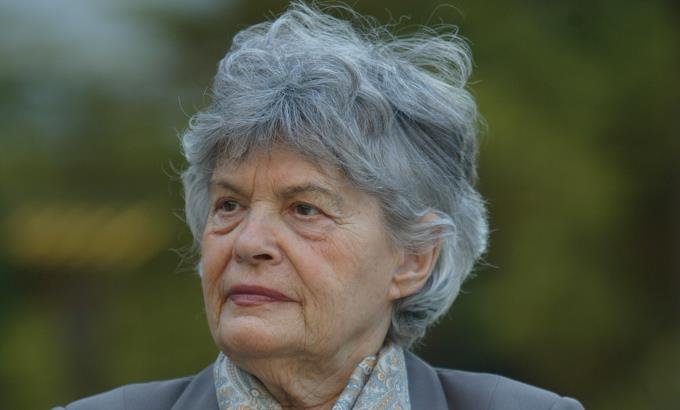
This is an autobiographical and historical account of the terrible experiences that the author went through during the Second World War in Hungary.
It’s narrated in retrospective which I particularly appreciated as I could get to know the author’s thoughts from a point of view after the fact as well.
It’s a raw, sad and often overwhelming read. It was difficult not to pause every few pages to take a break, breath and reflect on how horrifying war is.
At a certain point, when I was reading page 108, I felt like a punch in my stomach. I felt like I was suffocating and had a strong sense of nausea at the same time. I just couldn’t keep reading as it was too hard, so I stopped, and my eyes became wet. I was unable to read the rest of the chapter.
This made me reflect on how ungrateful we, who live in a war-free zone, are when we complain about being asked to be indoors, inside the protection of our own home, when outside there’s a pandemic. On top of not having shelter, food nor clothing, in war there is non-stop and extreme terror, aggression and violence.
Towards the end of the book, it was interesting to read about Alaine’s near death experience. She says it was a “magnificent experience“, with a “liberating, weightless feeling“, she felt “extraordinary joy and tranquillity“, and “things of this world were not important“.
After all the pains of hell, not only did Alaine survive, but she also went on with her life with an astonishing attitude that I don’t know how it’s possible to have after all that happened to her. She became a psychologist, a founding member of the Hungarian Hospice Foundation, and she contributed to society in many more ways. You can find more details here.

What a brave, strong and inspirational woman, I’m in awe of her and I admire her courage to share her story with us – we should all be reminded that the peaceful times we’re living in are not to be taken for granted.
Also, I will certainly consider her as a role model in times when I need a source of strength. Köszönöm, Alaine.